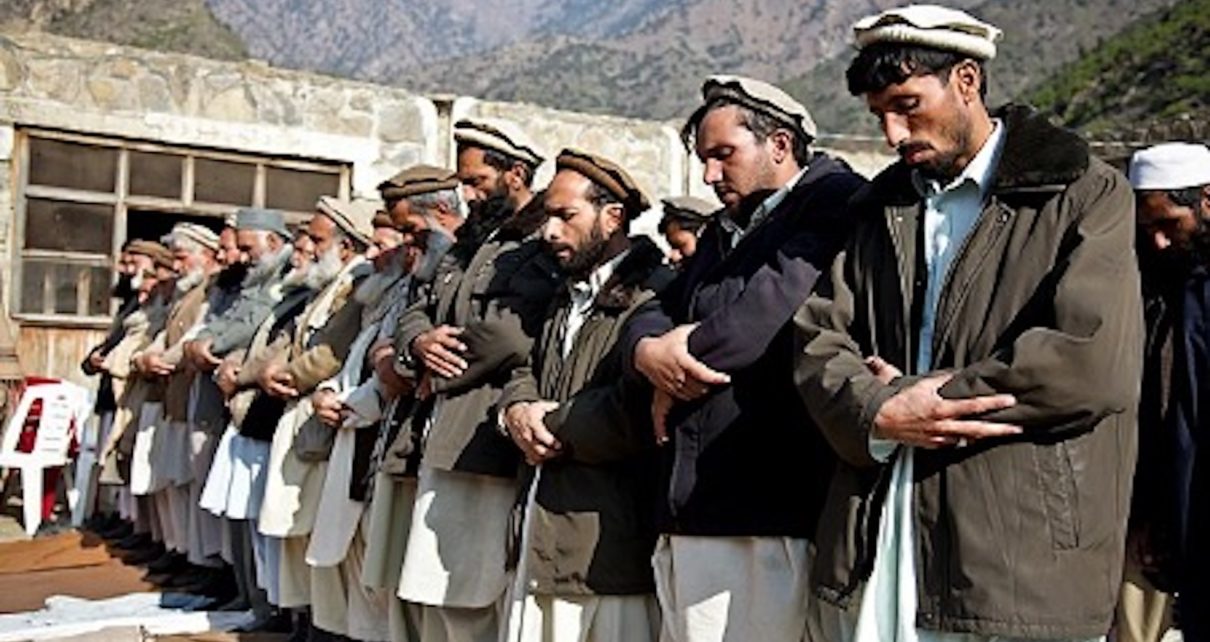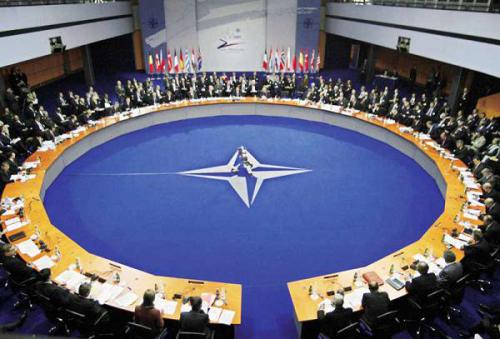Afghan Mass Migration
In recent years, Afghanistan has been a focal point of global attention due to the magnitude of its humanitarian crisis after the NATO withdrawal and Taliban takeover in 2021. Decades of persistent insurgency have resulted in widespread insecurity, creating a chaotic environment for individuals and families. The violence from such armed conflict has led Afghans to migrate en masse.
From 2001 onward, a staggering 5.9 million Afghans have experienced internal displacement or sought refuge outside the country, predominantly in Pakistan, where they encountered an uncertain political environment. Approximately 100,000 Afghans have been relocated to the United States and Canada since 2021, with an additional 380,000 finding refuge in European nations. However, a considerable number among them are still awaiting approval for permanent residency and a route to citizenship.
The Sudden Deportation of Afghan Migrants
Pakistan is apparently steering the direction of its immigration policy from accommodation to exclusion. The abrupt, forced deportation of Afghan migrants from Pakistan is due to the series of suicide bombings earlier this year, which occurred along the border with Afghanistan. The aforementioned suicide attacks had been attributed to the Afghans, albeit without presenting substantial evidence to back such a claim.
Pakistani officials apparently think Afghan citizens were linked to various assaults against the government and the military, including 14 of 24 suicide bombings that occurred this year. Additionally, Islamabad accused them of involvement in smuggling operations, other acts of aggression, and minor criminal activities. Kabul, however, disputes these allegations.
Pakistan’s decision should be seen against the wider social backdrop. Note the country’s lackluster domestic economy. Islamabad is currently experiencing a severe economic downturn marked by a $350 billion economy in distress and a record-high inflation rate of 38%. Pakistan’s economic crisis has been compounded by a confluence of factors, including political instability, an inequitable capitalist system, financial mismanagement, and the aftermath of a natural disaster in 2022. Faced with a rapidly depreciating currency and an external deficit, the government has implemented drastic measures over the past year to avert the risk of default.
Welcoming a substantial number of refugees can further strain a host country’s domestic economy. The abrupt population surge results in competition for employment, housing, and social services, affecting the local population and the national economy.
Lately, Pakistan’s interim government has enforced its directive to expel undocumented Afghan individuals from its territory. Others have left voluntarily. Approximately 1.7 million out of the estimated 4 million Afghans residing in Pakistan are now facing the implementation of this “repatriation” initiative. Meanwhile, the Pakistani government established a November 1, 2023 cutoff date by which individuals lacking proper legal documentation, primarily Afghan nationals, must depart the country. Failure to do so would result in arrest and subsequent deportation.
Across Pakistan’s provinces, a network of “holding centres” for detained migrants has been established, and there have been reports of heightened police harassment and mistreatment of Afghan residents throughout the country. The government reports the establishment of 49 such centres. These deportation facilities lack a specific legal framework and operate independently from the law. Amnesty International has confirmed that in at least seven detention centers detainees are denied fundamental legal rights, including access to legal representation and communication with family members. Such facilities are in contravention of the rights to a fair trial.
Conversely, the inhumane policies of the Pakistani government, including the establishment of detention centers lacking transparent legal frameworks and offering limited rights for detainees, have worsened the precarious situation for Afghan migrants. The combined effect of harsh policies from the Pakistanis and the Taliban perpetuates a cycle of instability and insecurity for Afghan migrants, hindering the prospects for a sustainable and humane resolution to the refugee crisis.
The unequivocal decision to forcibly deport Afghan refugees within a restricted timeframe, purportedly on the grounds of alleged terrorist affiliations, appears to be a thinly veiled attempt to deflect accountability for the mismanagement and lack of sustainability in the repatriation process. Reports of ongoing human rights violations, including instances of torture and detention by the Taliban, continue to be deeply concerning. While Pakistan’s primary motivation might align with its national interests, it is crucial to recognize that this decision could significantly impact how the international community perceives the country.
On a different note, the Afghan Taliban government has declared its willingness to collaborate with the Pakistani government (where most Afghans migrated to) to facilitate a seamless repatriation process. Furthermore, the Taliban government has formally requested an extension of time from the Pakistani government to adequately prepare for such a process.
Way Forward
The Afghan Taliban government’s draconian rule, coupled with the ongoing political instability in Afghanistan, have compelled some Afghan citizens to seek refuge in neighboring Pakistan. The challenge for NATO member-states and global security partners is how to enhance Islamabad’s repatriation program to facilitate the safe return of Afghan refugees into their homeland on the one hand, and how to incentivize the Taliban to create new domestic conditions that will guarantee the safety, security, and economic mobility for the returning Afghan refugees, on the other.
This could possibly be facilitated through personalized screenings managed through the help of civil society organizations, think-tanks, and humanitarian NGOs, which could help to verify that individuals facing repatriation face no credible threats of persecution or harm upon their return to Afghanistan.
NATO member states could also promote economic growth in Afghanistan by advocating for private sector investments and trade collaborations with non-NATO partners in the region.
NATO can also facilitate information-sharing and intelligence-gathering related to refugee movements, border security, and potential security threats in the region. This collaboration can enhance the ability to respond effectively to emerging challenges faced by Afghans while making sure that no human rights violations are happening during the pendency of this phenomenon.
NATO is currently concentrating on the conflict between Ukraine and Russia, not to mention recovering from the trauma of Afghanistan falling to the Taliban in 2021. The aforementioned suggestions would add to the numerous issues that NATO is already dealing with. However, despite NATO’s retrenchment of out-of-area operations, it should not give up on offering hope for the security and welfare among the Afghan people. One of the best values NATO upholds as an organization is protecting human life – and that value is universal.
Photo: Afghan nationals conduct their noontime prayer before a key leader’s engagement with U.S. Army Soldiers assigned to Combat Company at the Lachey Village in the Shigal district of Kunar province, Afghanistan on Dec. 7 by United States Army via Wikimedia Commons licensed under 232647.




